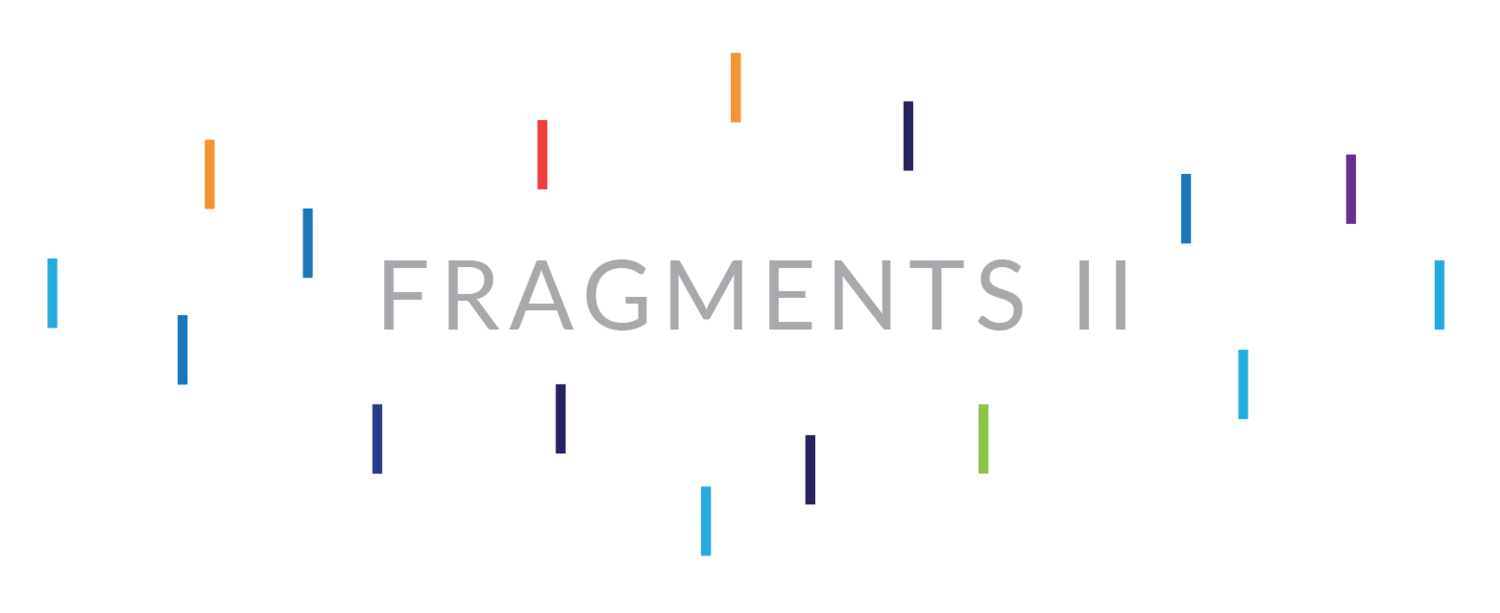Why School Advancement Often Fails: Lessons from Da Vinci
In his recent book, Nuance: Why Some Leaders Succeed and Others Fail, Michael Fullan describes a world that is becoming increasingly complex and demands a new kind of leader.
In fact, he argues, whilst most of us think that we are naturally pretty good at taking charge, the sobering reality is that quite a lot of the time (70% in fact), our best efforts are not sufficient to ensure deep and lasting change in the schools and organisations in which we work. And the problem, apparently, is getting worse.
So what's the solution?
For Fullan at least, a good place to start would be to make a distinction between two types of leaders - the surfacers and the nuancers - and to take a leaf out of the leadership biography of none other than Leonardo da Vinci. Leonardo, more than most, says Fullan, understood that the path to human wisdom rests on our ability to pivot between reality and imagination - diving headlong into the details and flying up to enjoy the view at thirty thousand feet.
But don't take my word for it. Read a little for yourself and you will soon get the gist. Better still, buy the book.
A key dimension of nuance is to be able to see the big picture - the system - while at the same time being able to understand the details and their connections and hidden patterns operating within the system itself. (3)
Being grounded is a necessary condition for being innovative. Details and their connections enabled Leonardo to see the system at work. (4)
...those up for the job will be "nuancers" - leaders who can get below the surface; leaders who have a knack of prying out the essence of complex change matters; and leaders who can work with individuals and groups in a manner that develops personal meaning and collective identity to learn about and transform the landscape at this particular moment in history. (11)
So what has any of this to do with the work of institutional Advancement in schools? What lessons can we draw upon to bring greater definition and clarity to the work we do to tell the story of our schools, help people find their place in that story, and manage a set of processes that enable these things to happen?
Telling the story with nuance
First, Fullan reminds me of how difficult it is to meaningfully capture and communicate the story of learning in schools. When he states that "the more complex society becomes, the more vacuous the solution" (9), it makes me think that we are still so easily satisfied to publish websites that manage complexity with buzzwords and what Fullan aptly calls "false temporary clarity"(9).
Connecting to people with nuance
Second, when Fullan speaks of our connection to people, he describes a non-nuanced world in which we are "bombarded with massive connections to others that ironically are increasingly superficial." (8). "We need leaders", he suggests, "who are expert at humanity and expert at networks." (8). So I'm left wondering how many of our endless schedules of engagement really demonstrate a deep knowledge of how the networks of which our schools are a part actually work.
Managing a set of processes with nuance
Finally, a key feature of nuanced leadership, according to Fullan, is adaptability or what he calls the ability to "learn and lead in equal measure" (72). The problem that many of us face each day, however, is the reality that our processes are not equipped to handle this kind of agile modus operandi. On the contrary, our governance structures, our policy statements, our procedural responses, and the many systems we work with are invariably designed as a series of inflexible parts in the overall school machine. But is there another way? What would it take to develop processes that are founded upon the principles of adaptability, flexibility and machine-learning?
Fullan's central thesis is that leaders, despite all their good intentions, are often ineffective. The same, I fear, may be true of Advancement. So rather than naively assuming that in the end we are all going to be okay, maybe it's worth taking the time to think a little deeper about what a nuanced version of Advancement could be.
And if we lose our way, we can always give Leonardo a call.




